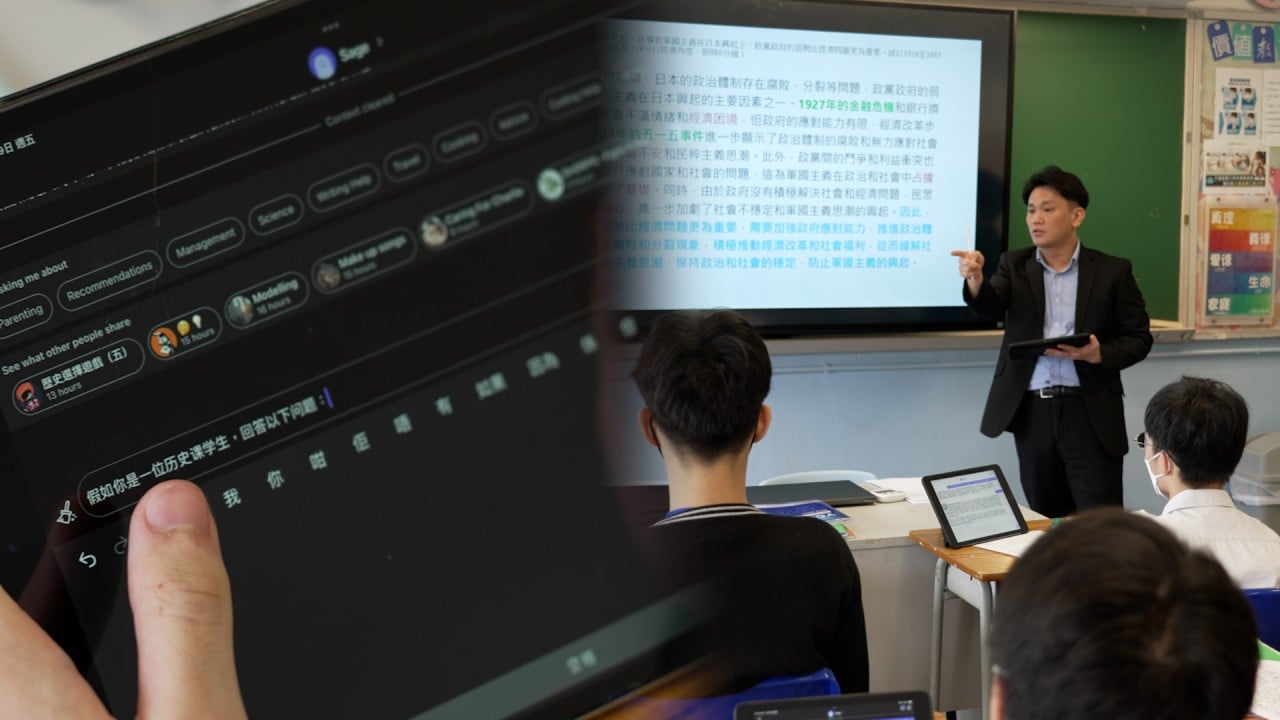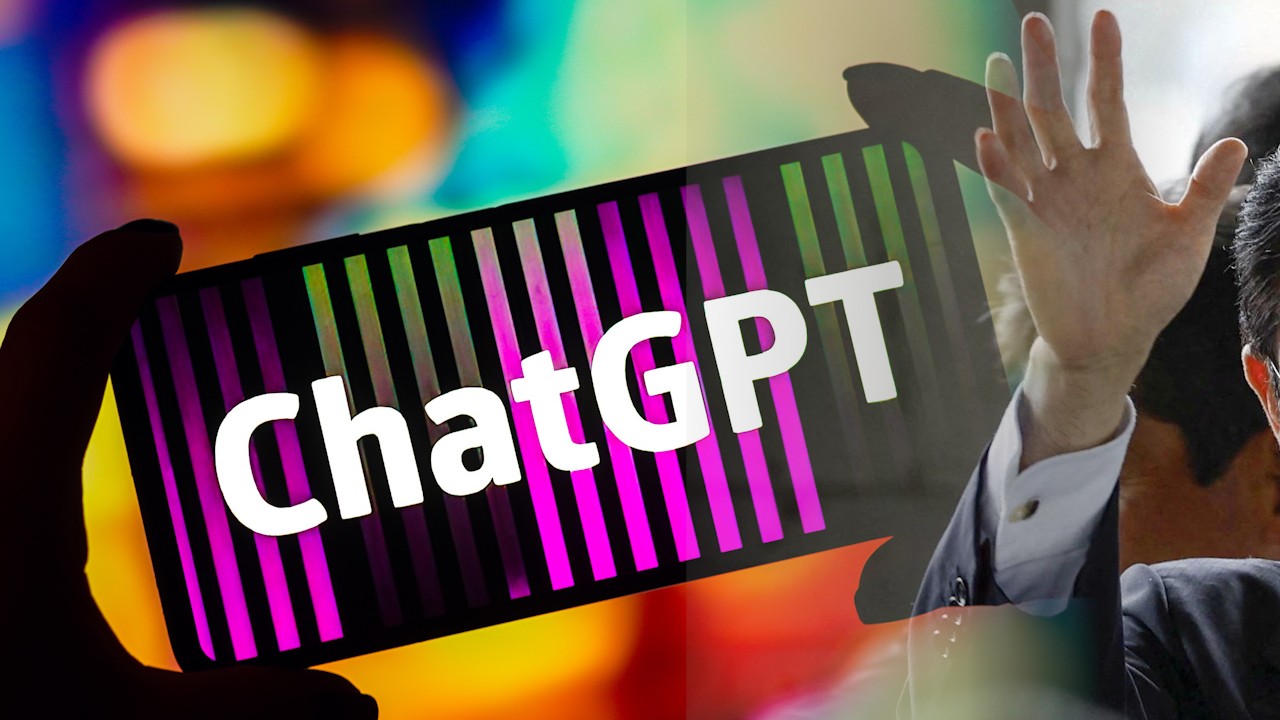The digital divide means those ahead in AI will be richer, faster, smarter and more powerful, whereas those who don’t implement AI are being marginalised.
Clearly, rich and advanced economies stand to gain more, whereas emerging and developing economies are still struggling to use AI to help them develop or simply tackle their myriad problems of people and planetary injustices.
The potential for turning around development in multi-directions using AI looks huge. How can this be achieved?
When it comes to building tech ecosystems, case studies suggest that learning is really about copying or imitating global knowledge, and adapting these to local needs.
In short, human learning is about copying others and then personalising or internalising such knowledge to create new ideas and actions. This “copy-learn-adapt-innovate-scale” approach is exactly the path AI use is following.
When we face something new, we have four essential choices. The first is to deny or reject because we fear the unknown. The second, for the curious, is to learn and experiment. The third is to do nothing or simply follow the crowd, because that appears the safest way out of disruptive change. The brave and the risk-takers are those who decide to leap into the unknown and become innovators or entrepreneurs. These become the change agents.
Faced with the existential threats of nuclear war, ecological collapse and technological disruption, doing nothing or business as usual are not the options. You either sit at the table or end up on the menu.
There is no complacency in the financial sector, where institutions including the Bank for International Settlements (BIS) and Citigroup have recently warned of the profound impact of AI on the financial landscape, and its opportunities and threats.
A staggering number of start-ups is working on implementing AI in different domains. Last year, close to US$315 billion were invested in tech companies globally, a large chunk in AI applications.
There is a common pattern in adopting AI, whether for communities, businesses or governments. You must approach change from a complex systems perspective, noting that there are no simple, one-size-fit-all solutions. Change management is not rocket science – it is about changing mindsets, addressing vested interests and having the passion and management skills to execute change.
A recent Japanese study on regulation found that workers spent over 20 per cent of their time on compliance tasks, in the face of daily regulatory and bureaucratic issues. Halving these costs would boost productivity by 8 per cent, the study said. This is an area where AI tools could be useful, by simplifying overlapping silos in bureaucracies.
We all need to adopt AI tools to generate the productivity needed to achieve more with less. Although change is best tackled bottom-up, it also needs leadership, courage and passion to engineer change. That takes human intelligence, with AI as a tool, but impactful change is never about one person, but about the whole and all of us.
Andrew Sheng is a former central banker who writes on global issues from an Asian perspective




إرسال تعليق